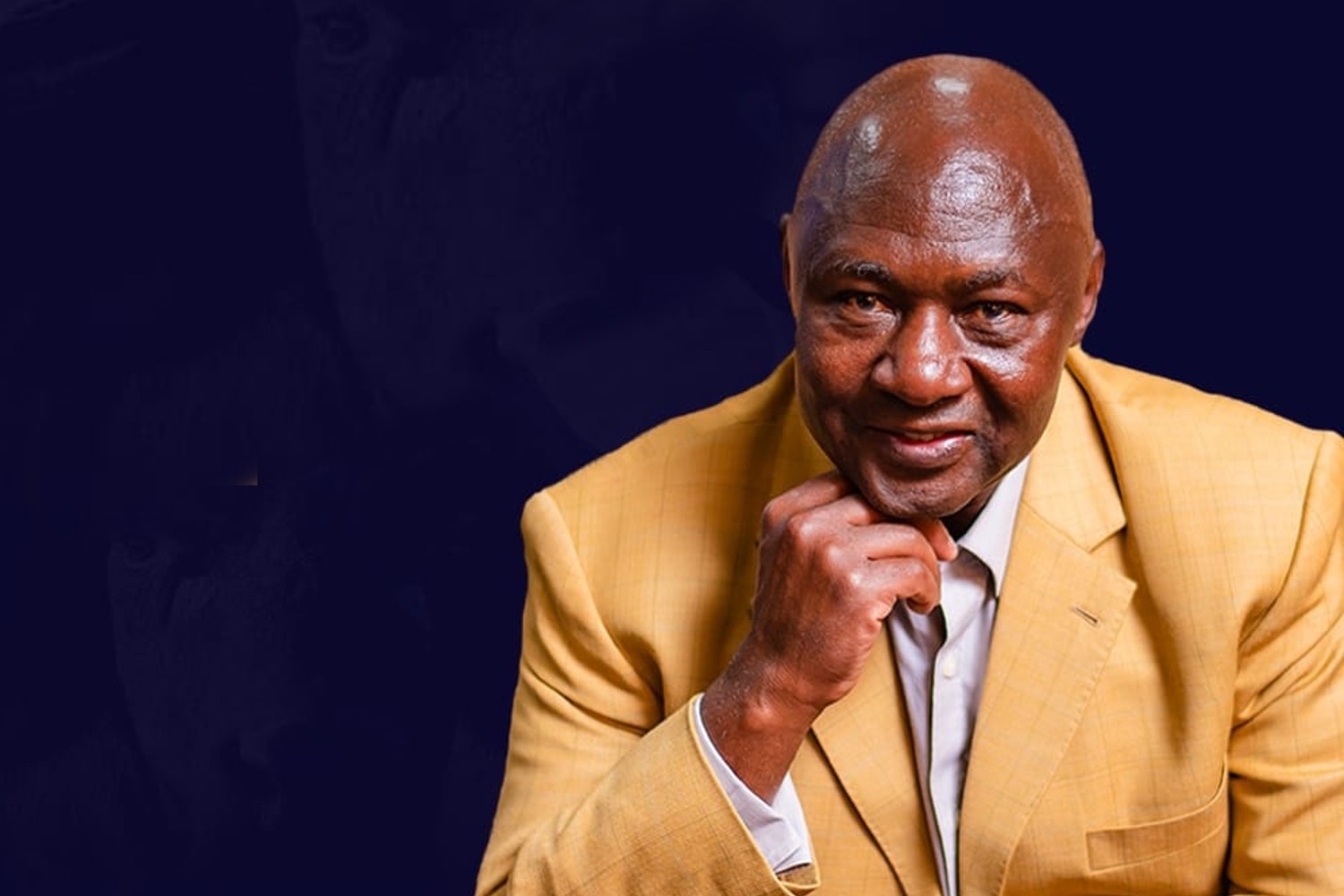Our move to Kambuzuma made me the first in my immediate family to own a home with a title in an urban area.
For all his troubles working for various transport companies, my father had not been able to have a house of his own during his working life. If he did at some point, I never got to know about it. After we settled, I would remember the conversations he and I used to have regarding our roots. Even after he had passed, I chose to make it my mission to dig deeper, to understand more about who we are and where we came from. This led me through a great deal of literature to expand on the fascinating stories he had told me.

The Legacy of a Warrior Chief: Chingaira Makoni
As I dug into the archives, I was fascinated by the heroics of my late great-grand-ancestor, Chief Chingaira Makoni. Born Mutota, his ascendance to the Makoni Chieftainship ended bitter succession fights and brought peace to the Manyika region alongside his friend, Tendai Mutasa. However, that peace was shattered by the arrival of white settlers.
The natives were driven off their fertile lands, leading to the 1896 uprising. This claimed the life of Chief Chingaira Makoni after he and his supporters were besieged in a cave at Dindingwe Hills. Lured out by pledges of safe passage, he was captured and brutally shot. His head was chopped off and shipped to England as a trophy. While attempts to have it returned for a proper burial have failed, his legend is a source of immense pride and inspiration to me, as he is my great ancestor through the line of Chief Ruredzo’s sons.
The Great Migration from Tanganyika
The Mataranyika bloodline traces back to the great immigrant, Gunguwo, named after the intelligent and adaptable crow. In the 1500s, following a violent confrontation over hunting rights, Gunguwo chose to migrate with his family from Ciciri in Tanganyika (now Tanzania) south of the Zambezi River.
Before embarking, he sent his son, Sabarawara, and grandsons, Chipunza and Muswere, to find new lands. They reached an area called Maungwe (present-day Makoni District), which was abundant in wildlife. There, they encountered the ruler, Mutwira, and negotiated permission to settle, teaching him how to make fire and cook food.
Establishing a Dynasty
After Gunguwo's death during the journey, his descendants settled in Maungwe. Through a combination of skill, strategic marriages, and cunning, his grandson Muswere eventually assumed the chieftainship from Mutwira, earning the praise name “Makoni” for his wisdom. Muswere established a permanent royal city and fortified it, trading with Portuguese and Arab merchants.
The Makoni chieftainship was marked by intricate succession rituals, power struggles, and strategic alliances. Traditions such as seeking approval from the Warozvi, the symbolic carrying of the new chief by Mutwira, and the appointment of a royal undertaker were established. These customs defined the lineage for centuries.
After a period of invasion and famine, the chieftainship eventually rotated among the four houses of Mswati, Zendera, Nyamanhindi, and Muruko—all sons of the great Chief Ruredzo. It is to the house of Zendera that I belong.
Lessons from My Ancestors
The seed of wanting to know where we came from was planted in me by my father, and I cherish the moments we shared. As can be gleaned from our long history, being an undertaker is not something new within the greater Makoni family; we have been undertakers from the time our patriarch Gunguwo was buried according to ancient customs.
Adaptability, a never-say-die spirit, and fortitude are qualities I admire in my forebearers and have adopted in my own life. Connecting the dots back to my great ancestors is an integral part of the person that I am and want to be. It is the foundation upon which my story is built.
Acknowledgments:
D.P Abraham, M.A (Oxon.) – The Principality of Maungwe: It’s History and Traditions National Archives
Polaris Systems: Our approach works so well because we provide a single point of contact for every customer, creating multiple efficiencies. We aim to ensure a seamless experience, resulting in partnerships that deliver improved value and minimal downtime. This is how we achieve true customer satisfaction.
We are available 24/7, 365 days a year. Contact us anytime!


